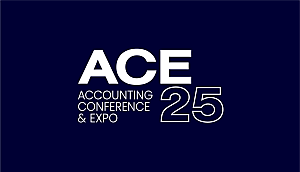In a bid to bring APES 110 Code of Ethics for Professional Accountants into alignment with the revised International Ethics Standards Board for Accountants (IESBA) code of ethics, the APESB has developed an exposure draft, with a proposed effective date of 1 January 2020.
You’re out of free articles for this month
The revised code, developed using the IESBA code as the base document, includes clarity measures such as ensuring requirement paragraphs are identified with an “R” in the numbering of the paragraph and an “A” for application material paragraphs.
Other changes include an improved Members in Business section, specifically new section 270 “Pressure to Breach the Fundamental Principles”; and a clarification that Part C - Members in Business also applies to members in public practice in accordance with their relationship with their practice
The proposed code also has enhanced auditor independence provisions, and new and revised sections for professional accountants in business such as chief financial officers.
APESB chair, Nicola Roxon, says the restructured code will provide accountants and regulators with clear requirements and guidelines on issues of professional ethics and auditor independence.
“Professional ethics underpin the accounting profession and are essential to maintaining public trust. An updated Australian code – that is clearer, more practical and more relevant to today’s accounting professionals – will ensure better understanding and implementation,” said Ms Roxon.
A Chartered Accountants Australia and New Zealand (CA ANZ) spokesperson told Accountants Daily that the proposed changes were a positive step in helping accountants and auditors better understand their requirements in simpler terms.
“The improved structure and clearer language in the revised code should assist professional accountants to understand, and therefore comply with, their ethical obligations,” said CA ANZ.
“The guidance in revised Part C – Members in Business should assist members if they feel they are being pressured to breach the fundamental principles.
“Whilst a professional accountant’s ethical obligations are unchanged, the revised code makes the requirements clearer and is intended to be easier to use and to enforce. For those familiar with the previous code, the mapping document on the APESB website will assist understanding of where things have moved from and to.”
The APESB is welcoming comments and feedback on the proposed code on its website by 31 July 2018.
jotham.lian@momentummedia.com.au
Jotham Lian
AUTHOR
Jotham Lian is the editor of Accountants Daily, the leading source of breaking news, analysis and insight for Australian accounting professionals.
Before joining the team in 2017, Jotham wrote for a range of national mastheads including the Sydney Morning Herald, and Channel NewsAsia.
You can email Jotham at:

 Login
Login







